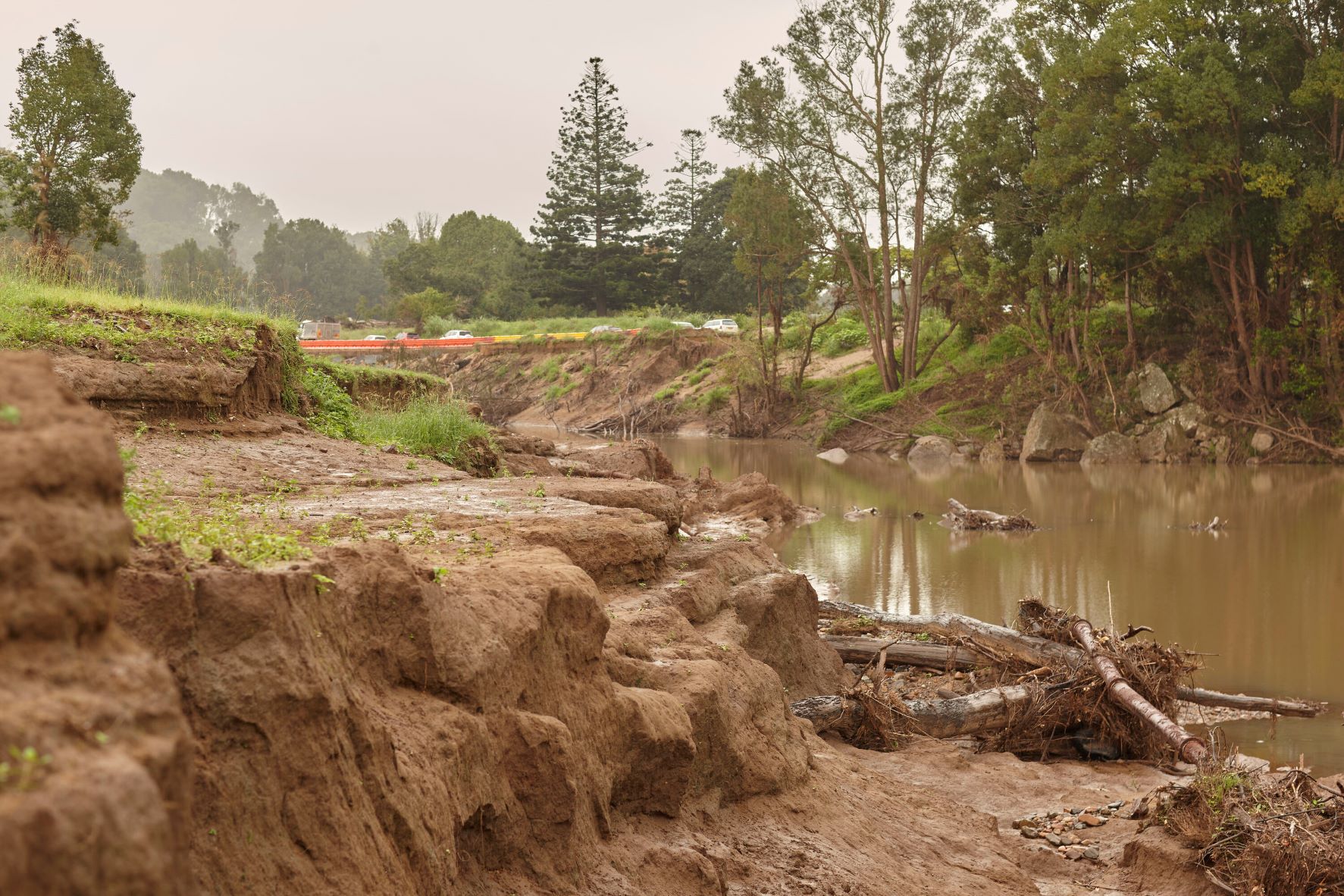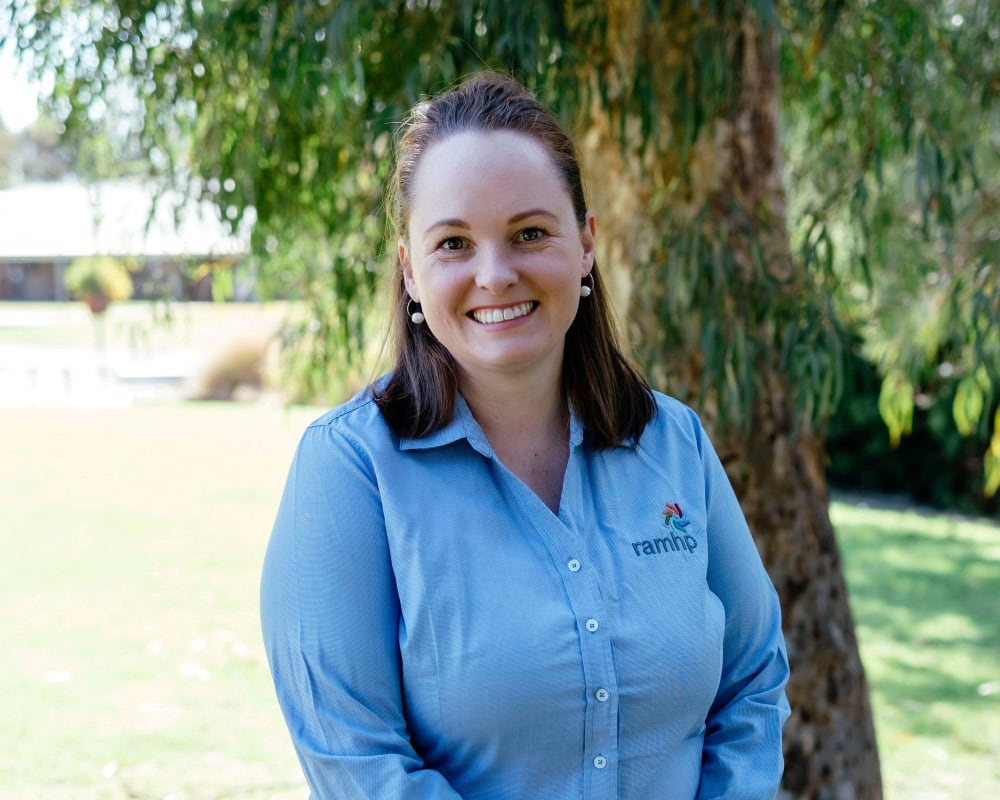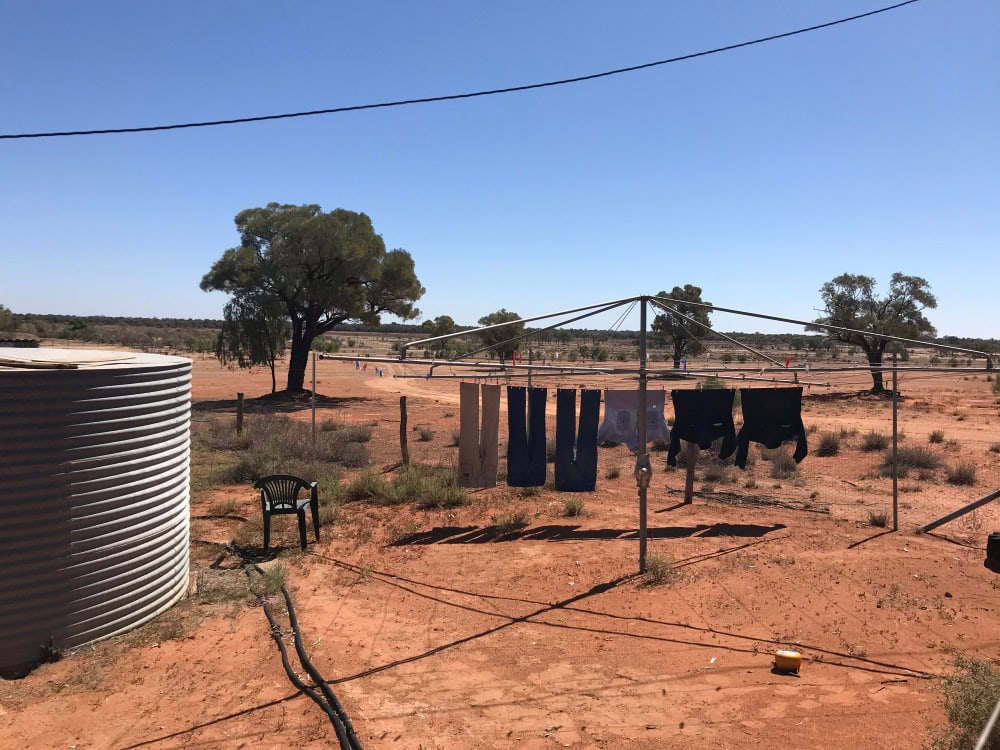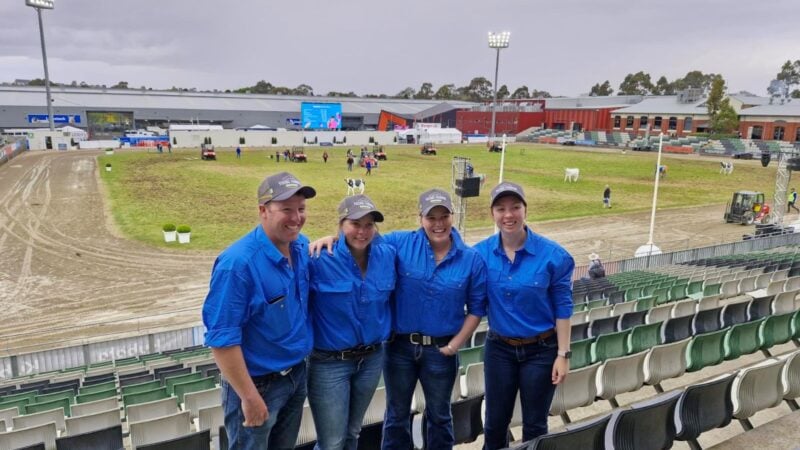Regional NSW was well represented at the Tokyo Olympic Games with Nyngan�s Jack Hargreaves winning…
Rising impact of cumulative adversity in rural areas

In recent years our rural communities have experienced both individually and collectively almost every kind of adversity possible. And there are no awards for who�s copped it the most!
While we�re no stranger to tough times in agriculture, it can be uncommon to have events so close together, giving little space to catch our breath or recover effectively.
Throughout our work with rural communities, RAMHP links people to mental health services and provides information and training on recognising and responding to mental health concerns.
Recently, RAMHP Coordinators have seen an increase in conversations and concerns regarding this short recovery period and the toll it is taking on everyone � farmers, families, business owners, consultants, professionals and the wider community.
The impacts of large scale adversities such as natural disasters can be compounded by localised or personal adversities such as illness, loss and grief, accidents, increasing cost of inputs, community issues. Not to mention all the other things which can happen on farm like machinery breakdowns and the impact of storms. All of these factors build a complex web of stressors, which are quite frankly exhausting.

Cumulative adversity or trauma can negatively impact one�s life satisfaction, concentration, intelligence, and ability to cope with stressors, and increase the risk of developing symptoms of mental illness and chronic disease.
However surprisingly, the most common reaction to traumatic stress is long term resilience, or post-traumatic growth.
It can help to consider what helps you to cope with stress effectively and work on practicing this more. It may include having a daily routine, getting enough rest, doing things you enjoy, looking after your physical health, avoiding alcohol, drugs and caffeine, moderating mainstream and social media exposure, and seeking help when it�s needed.
Getting help doesn�t need to only be when things get dire or completely overwhelming. Reaching out for a chat with someone about your worries when you�re not feeling like your best self can be extremely helpful to getting things back on track. Plus, seeking a fresh set of eyes over your business or farm management plans can help to ensure you�re being as effective as possible.

With reports of a potential return of El Nino conditions later this year, we may not get that break we�re all craving to fully recover. So, it�s even more important we take proactive steps now to take care of our mental health for the sake of our families, businesses and own happiness.
It�s ok to feel anxious or stressed, but if this is impacting your functioning and wellbeing, it�s important to seek help.
Living and working in rural communities, RAMHP Coordinators are uniquely placed to inform, educate, and connect people to mental health support when times are tough.
You can find your local RAMHP Coordinator and a range of mental health information on RAMHP�s website www.ramhp.com.au.
If you need more immediate help, please contact the NSW Mental Health Line on 1800 011 511 for advice and referral, or Lifeline on 13 11 14 for confidential crisis support.








